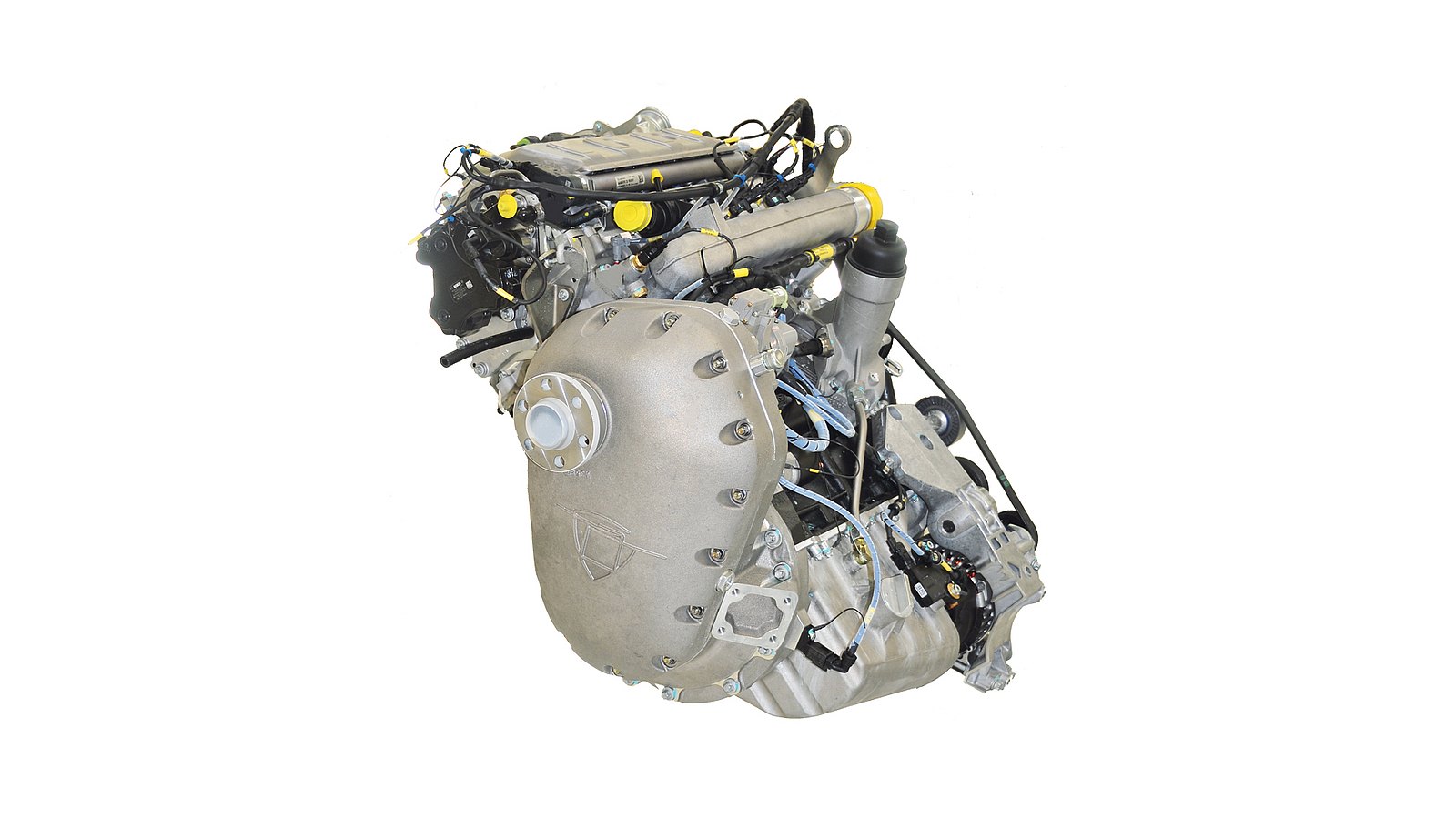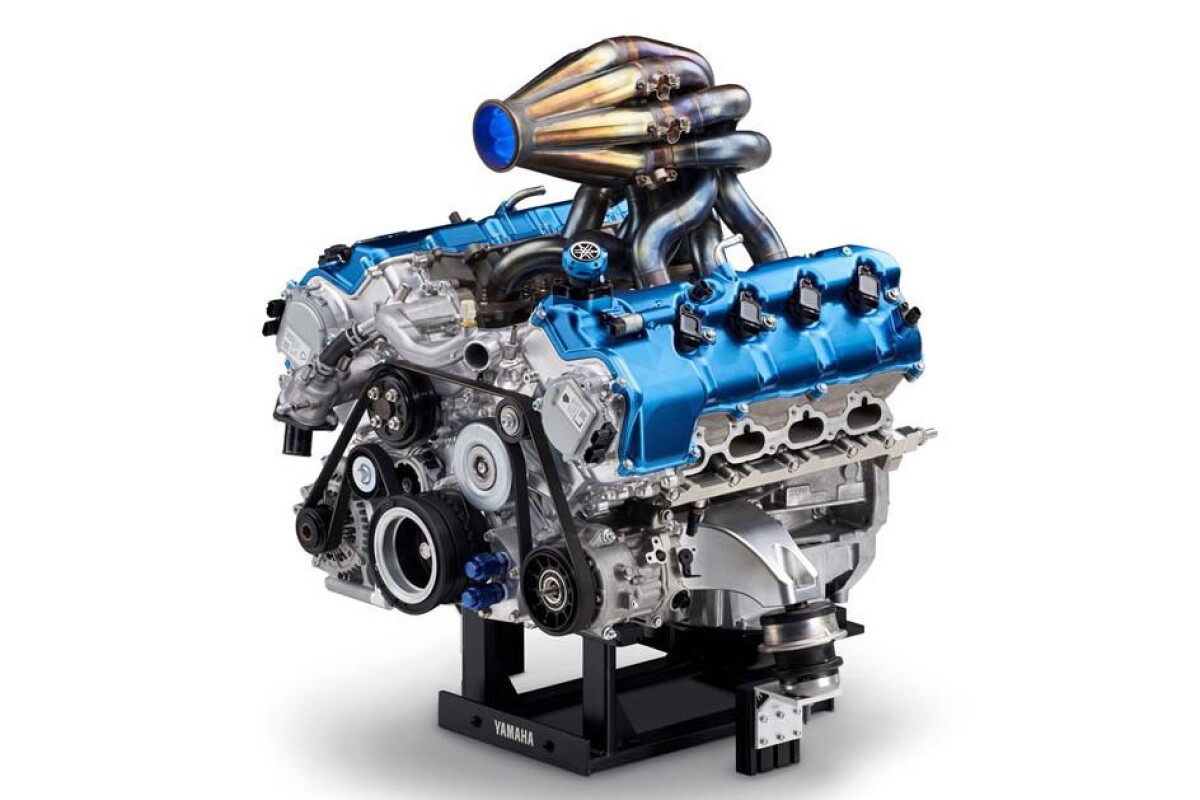Improve Your Fleet with Engines For Africa's Choice
Check Out a Variety of Engines for every single Vehicle and Purpose
The automobile landscape is progressively intricate, with a varied selection of engine kinds made to meet specific efficiency and performance needs throughout numerous lorry groups. From the high-performance engines that power cars to the fuel-efficient alternatives customized for day-to-day commuting, the options are huge and varied. Additionally, heavy-duty engines serve the needs of work vehicles, while environmentally friendly alternatives are acquiring traction in the search of lasting transportation. Comprehending these distinctions is important for making notified choices, especially as emerging technologies proceed to form the future of vehicle engineering. What implications might these improvements hold for producers and consumers alike?
Kinds Of Automotive Engines
Automotive engines can be classified into numerous unique kinds, each developed to satisfy particular efficiency and efficiency demands. One of the most common groups include interior combustion engines, electric engines, and hybrid systems.

Electric engines, on the various other hand, operate on electrical power kept in batteries, offering instantaneous torque and no exhausts. These engines are becoming significantly prominent as a result of developments in battery modern technology and the expanding focus on sustainability.
Crossbreed systems combine both inner burning and electrical engines, enabling automobiles to enhance gas effectiveness and decrease exhausts by perfectly switching in between source of power. Each engine type offers its benefits and disadvantages, affecting variables such as car layout, planned usage, and market need. When selecting the suitable engine for their particular needs., recognizing these distinctions is essential for producers and consumers alike.
Performance Engines for Sports Cars
Performance engines for sports vehicles are particularly crafted to provide enhanced speed, agility, and power, establishing them in addition to standard automotive engines. These engines typically use sophisticated innovations such as turbocharging, supercharging, and variable shutoff timing to optimize performance and responsiveness.
Commonly, efficiency engines are made with greater compression proportions, which enable for greater power removal from gas. This leads to outstanding horsepower and torque numbers, making it possible for quick acceleration and higher leading rates. In addition, the light-weight materials made use of in these engines, such as light weight aluminum and carbon fiber, add to decreased total automobile weight, improving handling and maneuverability.
Engine configurations like V6, V8, and also hybrid systems prevail in efficiency cars, each offering unique advantages in terms of power shipment and driving dynamics. The adjusting of these engines is likewise crucial; lots of producers optimize the engine monitoring systems to give a thrilling driving experience, frequently consisting of sport modes that adjust throttle feedback and gear changes.
Efficient Engines for Daily Commuters
In the realm of day-to-day commuting, reliable engines play a vital role in optimizing gas economy and lessening emissions while offering reputable performance. As metropolitan populaces grow and ecological issues escalate, the demand for cars geared up with reliable powertrains has surged.
Modern engines created for day-to-day commuters frequently include technologies such as turbocharging, direct fuel injection, and crossbreed systems. Turbocharging improves engine performance by forcing more air into the burning chamber, enabling smaller sized, lighter engines that do not endanger power output. Direct fuel injection improves gas atomization, resulting in much better combustion and boosted effectiveness.
Hybrid engines, incorporating inner combustion with electrical power, further enhance fuel economy, particularly in stop-and-go web traffic, where standard engines can deal with inadequacies. Electric electric motors help during acceleration and can operate independently at reduced rates, lowering total gas intake.
Furthermore, innovations in engine monitoring systems and light-weight materials add significantly to efficient engine layout. By concentrating on efficiency, sturdiness, and ecological sustainability, makers continue to deliver engines that not only satisfy the demands of daily travelling however additionally straighten with international efforts to decrease carbon impacts.
Heavy-Duty Engines for Work Automobiles
Heavy-duty engines for job automobiles are consistently crafted to deliver extraordinary torque and reliability under requiring conditions. These engines are developed to do in settings where typical engines might fail, such as construction websites, logging procedures, and farming setups. The primary emphasis of heavy-duty engines is their ability to create high levels of power while keeping longevity over expanded periods of procedure.
Normally, durable engines use innovative materials and durable building strategies to hold up against the rigors of hefty workloads. Functions such as strengthened cylinder blocks, boosted air conditioning systems, and advanced fuel shot technologies add to their effectiveness. These engines often run at lower RPMs, which aids to enhance gas effectiveness while offering the essential power for click here for info transporting and lugging.
Along with mechanical toughness, durable engines are typically equipped with advanced digital control devices (ECUs) that take care of performance, emissions, and diagnostics. This Full Article combination permits far better monitoring and maintenance, making certain that work automobiles stay efficient and operational.
Eventually, heavy-duty engines are a crucial component in the productivity of various industries, supplying the needed power and integrity to take on the hardest of jobs.
Eco-Friendly Engine Options
The expanding focus on sustainability has actually led to the development of environment-friendly engine choices that prioritize reduced exhausts and boosted gas performance. These engines are designed to reduce the ecological effect of automobiles while still providing the performance and reliability expected by consumers.
Amongst one of the most significant green alternatives are electrical and hybrid engines. Hybrid engines integrate conventional internal burning engines with electrical propulsion, permitting minimized gas consumption and lower greenhouse gas exhausts. Electric engines, on the other hand, operate entirely on battery power, generating no tailpipe discharges and adding to cleaner air top quality.
One more promising growth is the innovation of biofuel engines, which use renewable energies, such as plant products, to power cars (Engines For Africa). By utilizing biofuels, these engines can minimize dependency on nonrenewable fuel sources and reduced general carbon impacts

As the automobile industry progresses, environment-friendly engine options will certainly play a vital role in driving the transition in the Read Full Report direction of more lasting transportation remedies.
Final Thought
The automotive sector provides a varied array of engines made to satisfy numerous car demands and purposes. From high-performance engines that boost sports car abilities to efficient designs focusing on fuel economic situation for daily travelers, each kind serves a details function. Durable engines accommodate robust job vehicles, while environment-friendly options, such as electric and biofuel engines, advertise lasting transportation. This detailed array guarantees that all driving demands are addressed, contributing to innovations in automotive innovation and environmental stewardship.
